Central America
Costa Rican President accuses Electoral Tribunal of censorship ahead of october elections
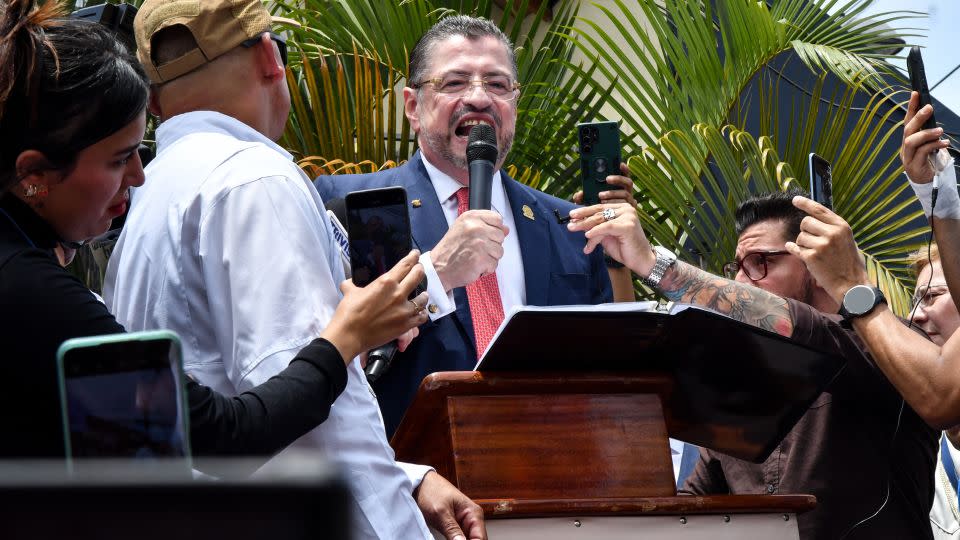
Costa Rican President Rodrigo Chaves opened a new line of conflict on Wednesday with key national institutions, this time targeting the Supreme Electoral Tribunal (TSE), which he accused of trying to silence him and his cabinet ahead of the October electoral campaign.
“I’m concerned that the Supreme Electoral Tribunal, which we’ve praised as the best in the world, is now doing unthinkable things. They decided to silence the government, my fellow ministers, and me. Silence and muzzle us,” said Chaves during his weekly press conference.
Chaves’ remarks follow a recent TSE resolution that extends the ban on promoting government achievements during the election period to include social media and digital platforms, not just traditional media, in an effort to ensure executive neutrality during the campaign.
Costa Rica’s constitution does not allow consecutive presidential re-election.
President Chaves questioned the impartiality of three TSE magistrates, including TSE President Eugenia Zamora, claiming that they had ties in the past with the opposition National Liberation Party (PLN).
He compared the situation to a World Cup final between Brazil and Germany, where FIFA assigns Brazilian referees to officiate the match—suggesting bias in the electoral process.
Central America
Honduras Extends Voting by One Hour Amid High Turnout, CNE Announces
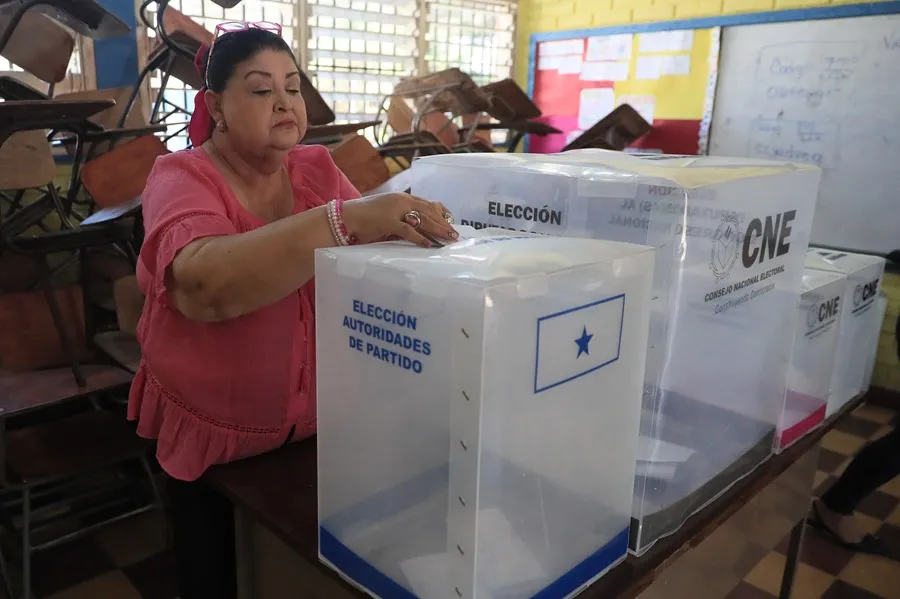
The National Electoral Council (CNE) announced that polling stations will remain open an extra hour due to the high voter turnout in Honduras’ general elections this Sunday.
These elections—the twelfth since the country returned to constitutional order in 1980 after nearly two decades of military governments—will now run until 6:00 p.m. local time (00:00 GMT), the CNE said in a statement.
The extension may only be applied for the additional hour established in the Electoral Law, and polling stations may close only after the last voter already in line at closing time has cast their ballot, ensuring that all those waiting are able to participate, the CNE added.
More than six million of Honduras’ ten million inhabitants were called to the polls to elect the successor to leftist President Xiomara Castro, as well as 298 municipal mayors, 128 members of the national Congress, and 20 representatives to the Central American Parliament.
The presidential race features Rixi Moncada, candidate of the ruling Liberty and Refoundation Party (Libre); Nasry Asfura of the National Party, the main opposition force—publicly endorsed by U.S. President Donald Trump—and Salvador Nasralla of the Liberal Party, also running from the opposition.
Before the extension was announced, the CNE had indicated it would release its first preliminary report around 9:00 p.m. local time (03:00 GMT) and a second one at 11:00 p.m. (05:00 GMT). Final results must be published within 30 days following the election.
Central America
Honduras’ China–Taiwan Future Hinges on Sunday’s Presidential Election
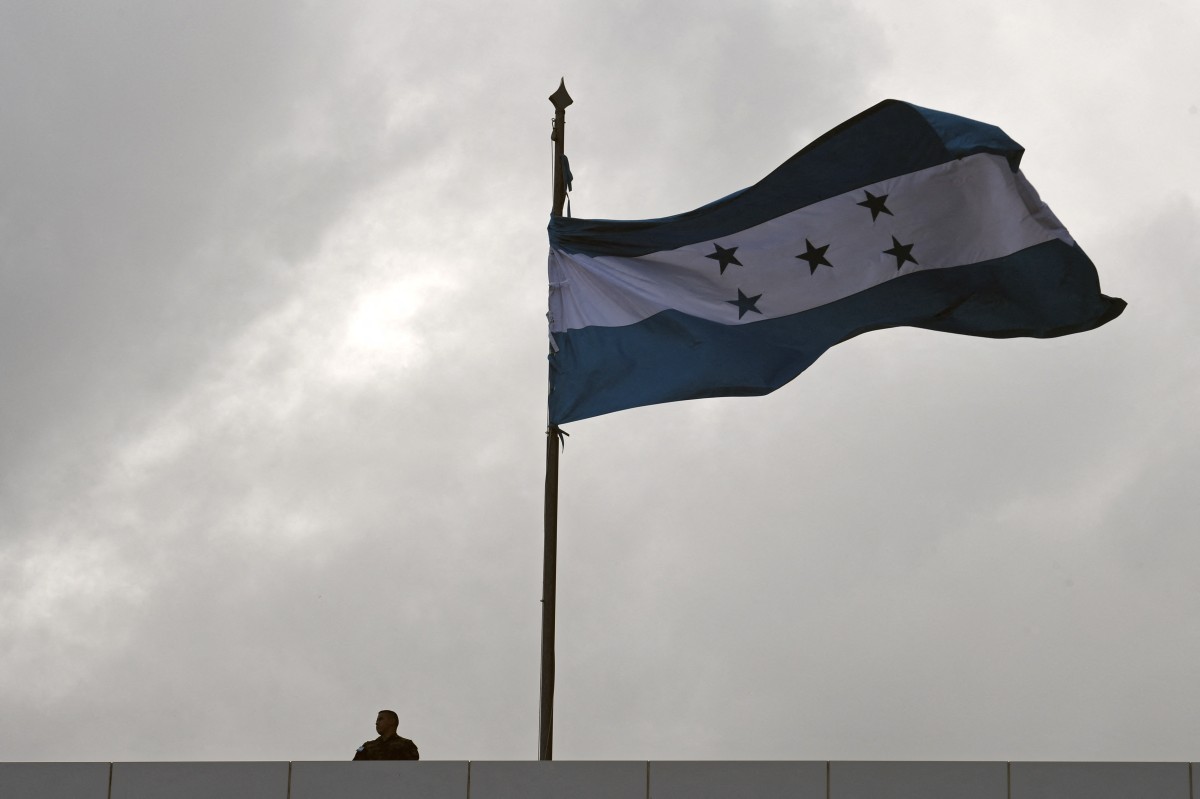
The future of Honduras’ diplomatic relations with China—or a possible reestablishment of ties with Taiwan—will hinge on the results of the presidential election taking place this Sunday, November 30. The ruling left-wing party is seeking to remain in power, while conservative parties aim to return to government.
If the ruling party’s candidate, Rixi Moncada of the Liberty and Refoundation (Libre) Party, secures victory, Honduras is expected to deepen its relationship with China. The country established formal diplomatic ties with Beijing in March 2023, cutting relations with Taiwan entirely under President Xiomara Castro.
However, the bilateral trade relationship with China has not yielded the expected benefits. Economic Development Minister Fredis Cerrato acknowledged that negotiating with Beijing has proven challenging. “We are proceeding with caution,” he said, referring to ongoing efforts to secure better conditions for Honduran exporters and business owners, who are demanding greater speed in technical agreements.
With Castro’s term ending in just two months, the long-anticipated free trade agreement with China has yet to be finalized. Despite this, Chinese companies have already secured multimillion-dollar contracts in infrastructure projects across the country, particularly in the energy sector.
Central America
Trump Pardons Former Honduran President Hernández and Warns of Aid Cuts Ahead of Election

On Friday, President Donald Trump granted a pardon to former Honduran President Juan Orlando Hernández — who was convicted on drug trafficking charges — and threatened to cut U.S. aid to the Central American nation if his preferred candidate loses Sunday’s presidential election.
Trump announced the pardon for Hernández, who is currently serving a 45-year prison sentence in the United States, through a post on social media.
In the same message, the former U.S. president voiced his support for Nasry Asfura, the candidate representing Hernández’s right-wing party in the Honduran elections.
“If he doesn’t win, the United States will not waste any more money, because the wrong leader can only bring catastrophic results to a country, no matter which one it is,” Trump wrote on his platform Truth Social.
Asfura, a 67-year-old construction magnate and former mayor of Honduras’s capital, is competing in a tight race against attorney Rixi Moncada of the ruling leftist Libre party and television host Salvador Nasralla of the right-leaning Liberal Party.
-

 Central America3 days ago
Central America3 days agoTrump Pardons Former Honduran President Hernández and Warns of Aid Cuts Ahead of Election
-
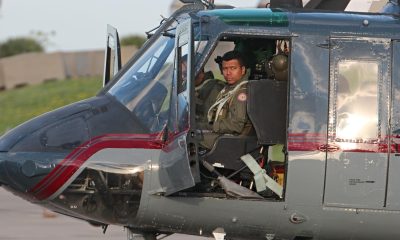
 Central America5 days ago
Central America5 days agoPanama reinforces security with new helicopters and Super Tucano Aircraft purchases
-

 Central America1 day ago
Central America1 day agoHonduras Extends Voting by One Hour Amid High Turnout, CNE Announces
-
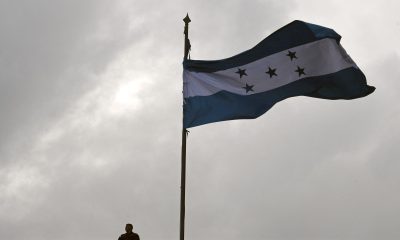
 Central America2 days ago
Central America2 days agoHonduras’ China–Taiwan Future Hinges on Sunday’s Presidential Election
-

 Central America5 days ago
Central America5 days agoTrump urges hondurans to back conservative candidate Nasry Asfura in november elections
-
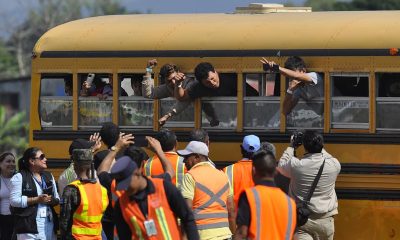
 International5 days ago
International5 days agoArchbishop Wenski criticizes Trump’s deportation policies, calls for stronger push for reform
-

 International12 hours ago
International12 hours agoHong Kong police arrest 13 over deadly high-rise fire that killed 151
-

 Central America5 days ago
Central America5 days agoWashington calls for oversight as Honduras faces allegations of electoral interference
-

 International3 days ago
International3 days agoMeta Says Russia Seeks to Ban WhatsApp for Defending Secure Communication
-
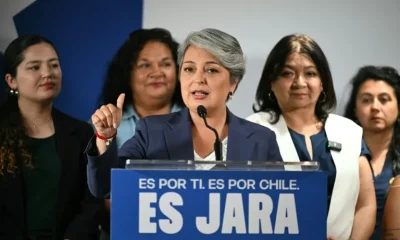
 International12 hours ago
International12 hours agoChile enters runoff campaign with Kast leading and Jara seeking a last-minute comeback
-

 International12 hours ago
International12 hours agoTrump says asylum decision freeze will remain in place “for a long time”
-
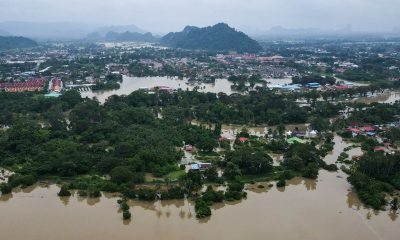
 International12 hours ago
International12 hours agoSri Lanka and Indonesia deploy military as deadly asian floods kill over 1,000






























